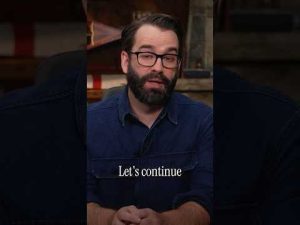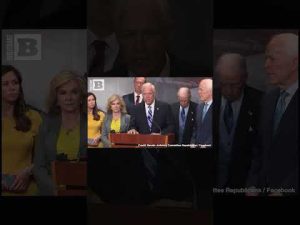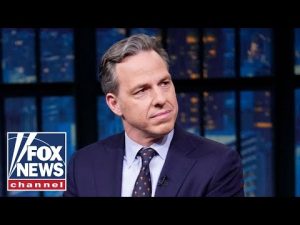In recent discussions surrounding the political arena, a former high-ranking military official has stirred the pot by declaring Donald Trump as a fascist. Mark Milley, who once served as the chairman of the Joint Chiefs of Staff, has made bold claims, stating that no one poses a greater threat to America than Trump. This declaration has ignited passionate debates across the nation, with some supporters rallying behind the former president while others express their concern about the future of American democracy.
According to these conversations, there is a growing belief among certain political circles that Trump’s leadership aligns with fascist tendencies. Some argue that this notion isn’t just thrown around lightly; they see a deliberate push for an agenda that seeks to undermine the voices of people of color and promote what they term as a “white supremacy agenda.” This alarming perspective suggests that the political landscape has been crafted meticulously over years to pave the way for a regime that mirrors authoritarian figures like Vladimir Putin and Adolf Hitler.
Of course, invoking comparisons to notorious historical figures tends to stir emotions. Many people might hear such claims and think, “Whoa, hold on a second! Are we really comparing Trump to Nazis?” Yes, that’s precisely the point made by some critics. They argue that every aspect of governance and every down-ballot race matters because they believe that the roots of this so-called fascist regime didn’t just sprout overnight. They argue these seeds have been planted for years, and now they’re sprouting into something many Americans find frightening.
On the flip side, supporters of Trump might shake their heads and assert that these claims are just another instance of the left using alarmist language to sway the public. After all, the left’s reputation for exaggeration is nothing new. To many on the right, characterizing opponents as “terrible human beings” trying to impose totalitarian control is not just rhetoric but a rallying cry for protecting individual liberties. They firmly believe that anyone operating under leftist ideologies is fundamentally misleading the American people.
As the debate rages on, one thing is clear: the American political landscape is as divisive as it has ever been. It seems that regardless of one’s viewpoint, the rhetoric has ramped up to a level that would make anyone think it’s the last act of a high-stakes drama. While some may recoil at extreme comparisons and the fear of fascism, others find themselves motivated to defend their rights and values fiercely. As the saying goes, where there’s smoke, there’s fire, but in this case, it’s debatable whether it’s a campfire or a blazing inferno.







